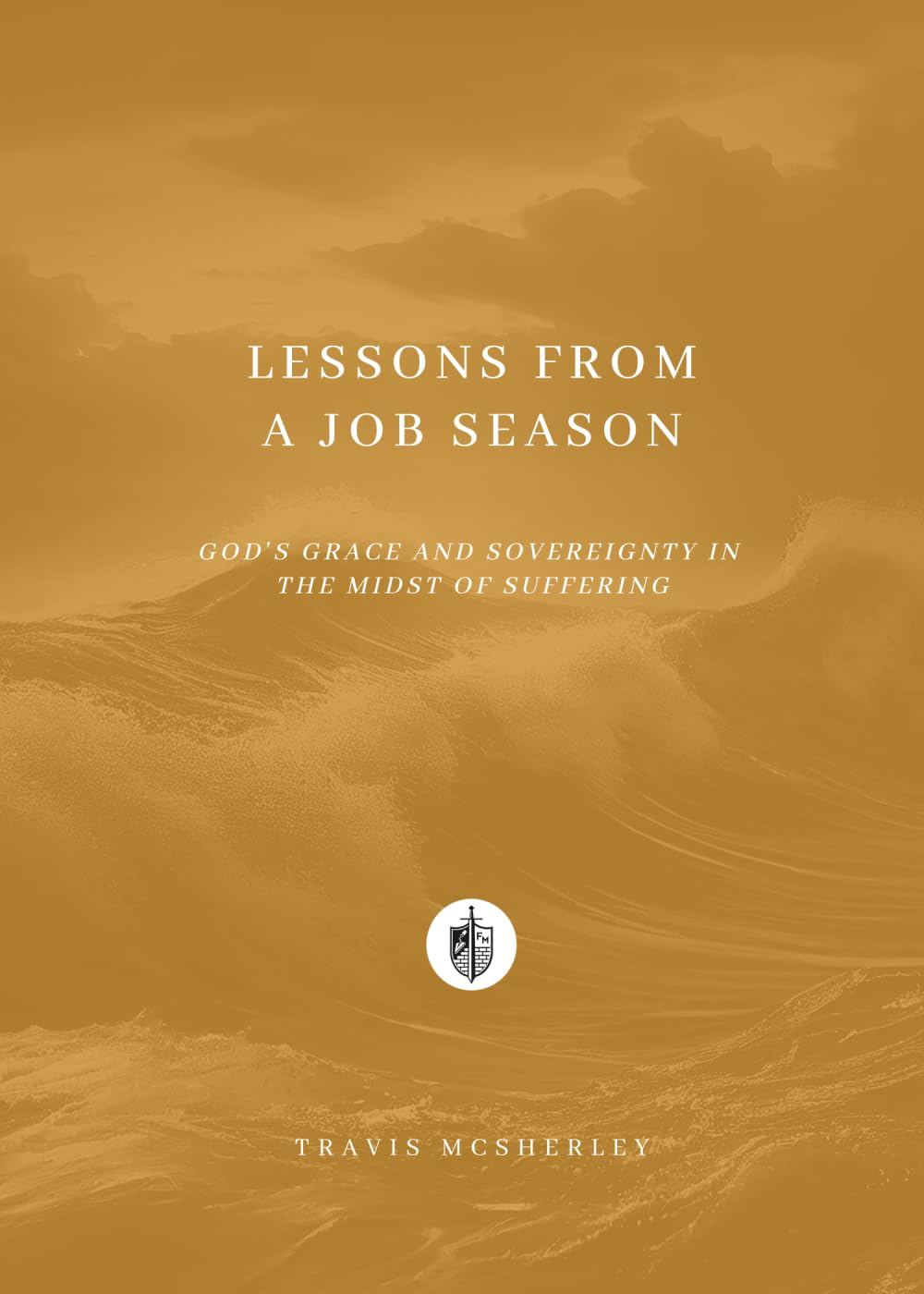
Walking Through The Misunderstood Book Of Job
The Book of Job sits in the Bible as a profound piece of literature that’s often misunderstood. It easily gets boxed into just being a story about suffering and faith. But there’s so much more happening here. Understanding its context can change how we see the book itself and the world around us.
Written sometime between the 7th and 4th centuries BCE, Job reflects a time when people were grappling with why good people suffer. That’s a question as old as time, right? The story unfolds in the land of Uz, a place that’s a bit vague in historical records but serves as a perfect setting for the universal themes at play.
The Book of Job:
Is it all just about Suffering?
One of the biggest myths about Job is that it’s just about enduring suffering to get a reward. In reality, Job doesn’t shy away from questioning God—he’s raw, real, and relatable. By diving into these misunderstandings, we gain a deeper appreciation for Job as a complex character whose struggles reflect our own.
Even today, the themes of suffering, faith, and questioning divine justice remain relatable. As we face world events and personal challenges, Job provides a lens through which we might explore these age-old issues anew. It’s about finding comfort, understanding, and maybe even answers to the struggles that define the human experience.
Decoding the Dialogue:
Conversations with Friends and God
Job’s story is rich with dialogues that shed light on theological and philosophical questions. His interactions with his friends, Eliphaz, Bildad, and Zophar, mirror the kinds of discussions we might have today when grappling with life’s tough moments.
The conversations in the Book of Job aren’t just filler. They reflect the very human need to find logic and reason in suffering. Each of Job’s friends comes with their own brand of wisdom, often reflecting the collective beliefs of their time. Eliphaz speaks from experience, Bildad leans on traditional views, and Zophar is more of a straight-talker.
While they debate, Job doesn’t just sit back. He challenges their assumptions, pushing against the idea that suffering is simply a punishment for wrongdoing. This back-and-forth highlights the complexity of faith and reason—a balance we’re all trying to strike at some point.
Job’s one-on-one with God is where things get intense. It’s not just a plea; it’s a candid challenge. Here, readers find the rawness of human emotion laid bare. Job isn’t afraid to ask the hard questions. Through this dialogue, the book doesn’t just offer answers—it explores the importance of questioning itself.
Reflecting on these exchanges can be a powerful tool. It shows that doubt and questioning are a part of faith, rather than against it. Job’s conversations ultimately encourage us not to settle for easy answers, but to engage fully with life’s mysteries.

Lessons from Job
They say that every story has a lesson. What then are the key takeaways from this seemingly difficult and complex life of Job?
1. Lessons in Resilience and Faith
Job’s journey is a masterclass in resilience. Despite the immense trials he faces, he never loses sight of his faith. For many, life is riddled with challenges that can feel overwhelming. Job’s story offers some timeless strategies for maintaining inner strength and perspective.
In the face of adversity, Job shows a remarkable ability to endure. It’s not about pretending everything’s perfect; Job is open about his pain and confusion. This relatability is crucial. It reminds us that acknowledging our struggles is not a sign of weakness. In fact, it’s often the first step toward healing.
Job’s faith doesn’t come from blind acceptance. Rather, it’s a dynamic process where he questions and engages with God. This active faith can teach us about the importance of maintaining belief while embracing doubt. It’s about understanding that true faith is always evolving.
In today’s fast-paced world, Job’s lessons on resilience and faith resonate deeply. Whether dealing with health issues, personal loss, or everyday stresses, his journey provides a blueprint for enduring tough times with dignity and grace. Learning from Job, we might find it easier to embrace the full scope of our human experience.
2. Emotional Intelligence
Emotional intelligence is another key lesson from Job. He processes his grief and anger instead of bottling it up.
Engaging with our emotions can lead to spiritual growth, not to mention healthier relationships with ourselves and others. Job’s example encourages us to confront our feelings head-on, allowing space for personal growth.
Redeeming the Journey:
Reflections and Modern Implications
The Book of Job doesn’t just leave us with a hard story to digest; it offers a resolution that has sparked conversations on ethical and spiritual levels for generations. After all the trials and dialogues, there’s a sense of redemption, a return to peace and prosperity for Job. But it’s not just about material gain—it’s about inner transformation.
Job’s restoration is a powerful moment, signaling that endurance and faith can lead to renewal, even if life isn’t exactly as it was before. The narrative suggests that while we can’t undo the past, we can find new beginnings. This theme of recovery and healing continues to be relevant, providing comfort and hope to those in challenging situations.
Understanding divine justice through Job can reshape our view of struggles and suffering. The book challenges a simplistic understanding of ‘good’ and ‘bad’ people, urging readers to view life with nuance. With its unresolved questions, Job steers us toward personal reflection and meaningful engagement with the complex moral fabric of life.
Closing Thoughts
Today, the ethical themes of Job enrich discussions about what it means to be righteous, the importance of perseverance, and when it’s okay to question authority—both divine and earthly. Job pushes us to consider our values and the way we approach life’s curveballs.
By reflecting on the Book of Job, we aren’t just diving into a biblical text; we’re exploring lessons in humanity, resilience, and ethical living that remain deeply applicable to contemporary life.
The narrative encourages us to look beyond immediate outcomes, fostering a deeper understanding of our journey—a testament to the power of narrative in personal growth and societal progress.
Recommended Resource:
Lesson from a Job Season: God’s Grace and Sovereignty in the Midst of Suffering by Travis McSherley
 God’s Word never denies that dwelling in a fallen world is hard or pretends that any of us are promised a life free from suffering and trial. Quite the opposite. But it makes just as clear that the Almighty is neither shaken nor surprised by anything that befalls us.
God’s Word never denies that dwelling in a fallen world is hard or pretends that any of us are promised a life free from suffering and trial. Quite the opposite. But it makes just as clear that the Almighty is neither shaken nor surprised by anything that befalls us.
Lessons from a Job Season tells the story of one family’s experience with intense trials, and how God helped them and taught them through those afflictions.
It is a book about suffering, but more than that, it is about God’s sovereignty over all of creation and our lives, including the hard days months years, or decades. Maybe you are in the midst of a “Job season” or know someone who is.
Maybe, by God’s grace, you have not yet endured tragedy or immense trials, but you no doubt still feel the burdens of life and observe the suffering around you. Whichever category you fall into, this book’s lessons are meant to encourage your heart, uplift your soul, and help you anchor your mind in the divine truths about who God is and what He has done.